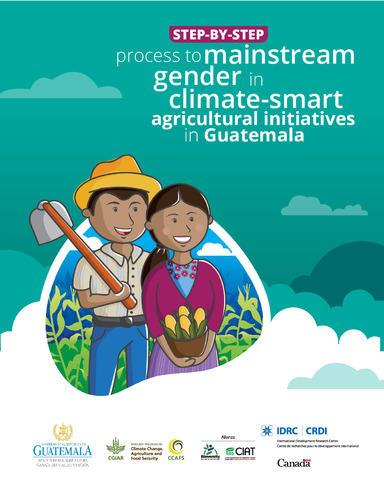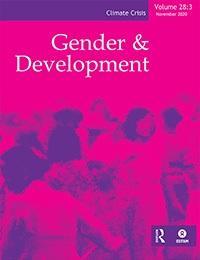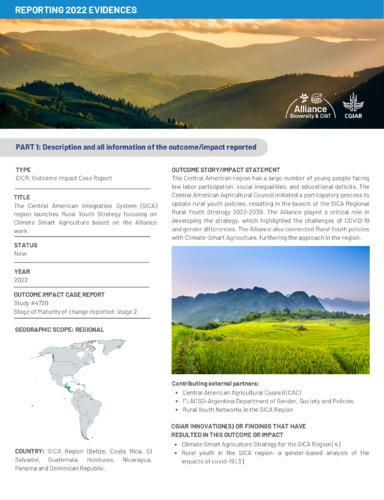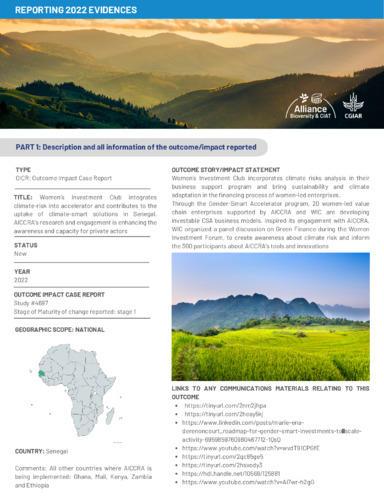Gender in Climate Action
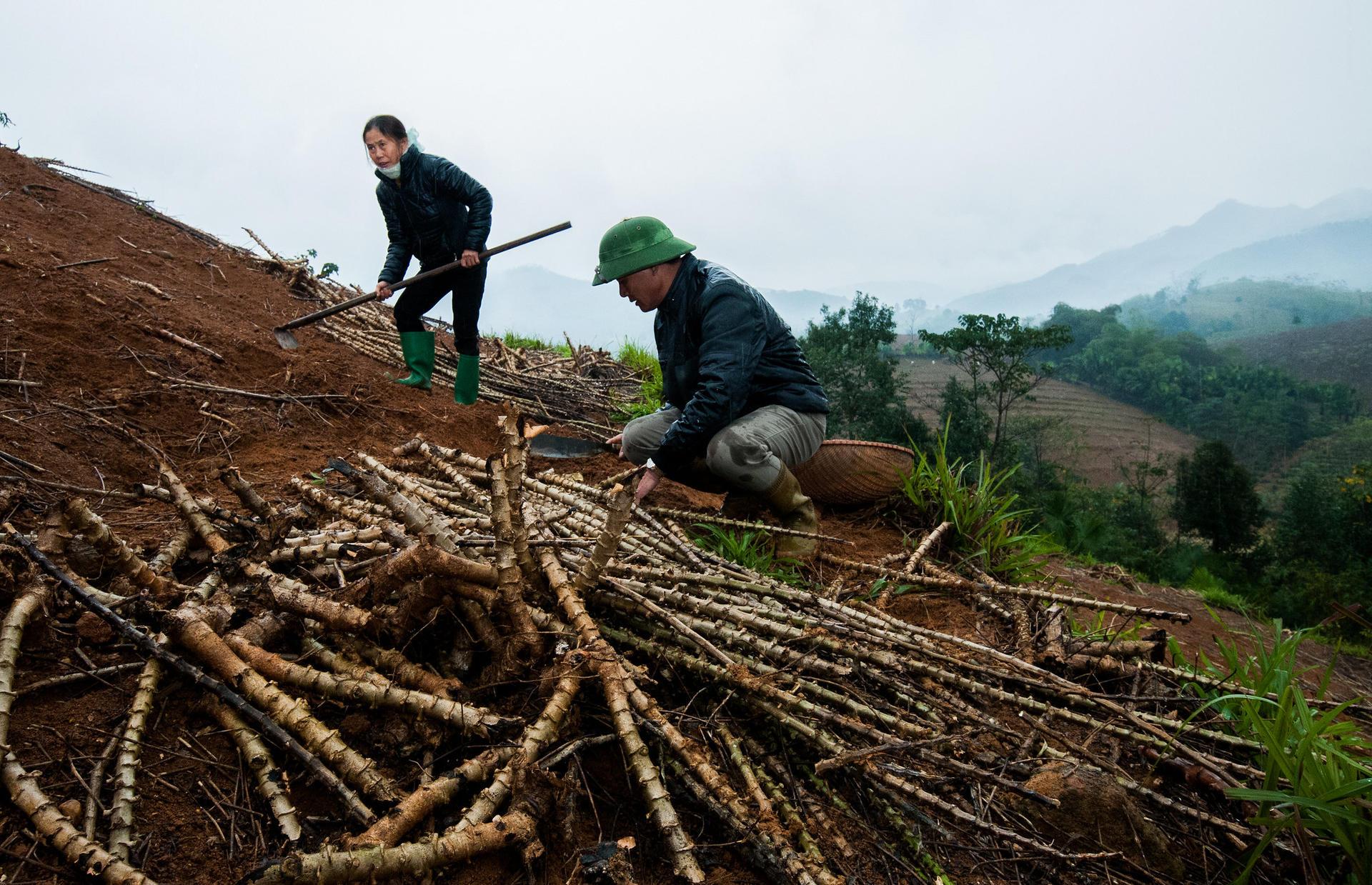
The increasing impacts of climate change are a serious threat to gender equality, as gender is a significant determinant of vulnerability. Although women constitute approximately 60% of smallholder farmers, they often have less capacity than men to respond to climate shocks. For example, women tend to have less access than men to resources such as land, credit, agricultural inputs, and decision-making power - all of which support adaptation to climate change.
Furthermore, the aspirations and realities of women are not well reflected in climate adaptation policy, despite women being effective agents of climate change adaptation and mitigation. The key role of women means that sidelining gender equality can undermine the effectiveness of urgent climate change interventions, leading to poorer adoption of climate innovations and an inequitable distribution of benefits.
Closing gender gaps in climate change action requires a multisectoral approach that strengthens the role of women as drivers of change, builds the capacity of government partners to develop gender action plans, and disseminates gender-responsive technologies. The Alliance has a long history of gender and climate policy research, whilst new emerging research areas include gender equality in sustainable finance, and incorporating gender considerations into interventions related to fragile states, climate security and environmental peacebuilding.
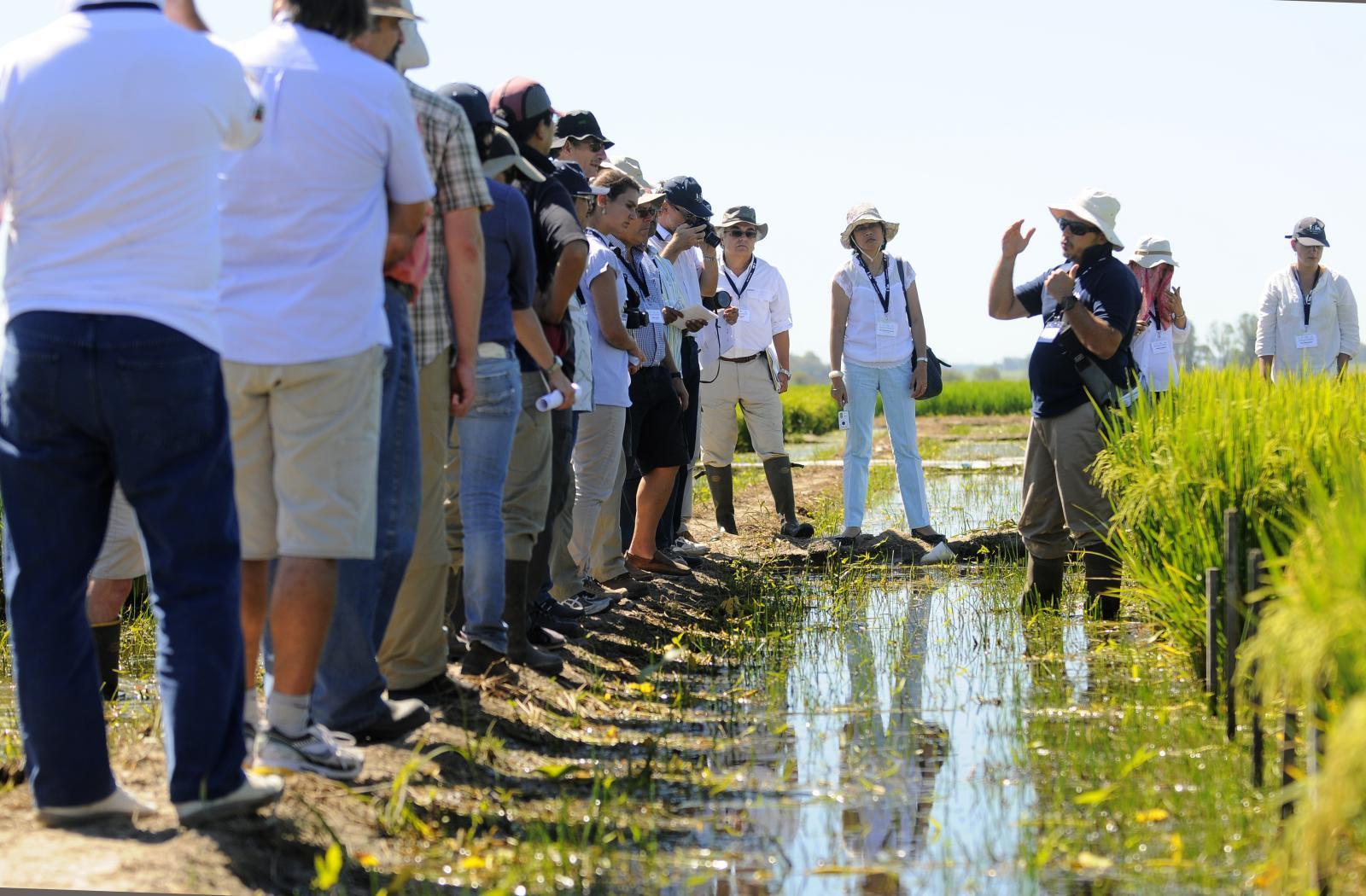
Our research at the Alliance looks at:
-
enhancing the gender-sensitivity of climate services,
-
confronting gender inequalities in climate policies from design to implementation,
-
increasing women’s agency in climate change adaptation and mitigation interventions,
-
increasing women’s access to climate-smart agricultural practices and technologies,
-
Increasing gender-sensitive sustainable finance and climate-smart businesses, and,
-
gender in fragile states, climate security and environmental peacebuilding.
Examples of our work
Focus on: The Central American Rural Youth Strategy
In Central America, many young people face inequalities in education and employment opportunities. The Central American Agricultural Council established a participatory process to update rural youth policies, launching the Central American Integration System (SICA)’s Regional Rural Youth Strategy 2022-2030.
The Alliance played a key technical and financial role in developing the strategy, shown by the results of a study analyzing gender values, experiences and expectations. The study – conducted in collaboration with the Gender, Society and Policies Area of FLACSO-Argentina, SICA’s Executive Secretariat of CAC, and the Rural Youth Networks in Guatemala, Honduras, and El Salvador – contextualized the challenges faced by young people after the outbreak of the COVID-19 pandemic. The study highlights how these challenges can affect women and men differently, supporting the development of strategies tailored to the realities of rural youth in the region.
Focus on: Women's Investment Clubs Promoting the Uptake of Climate-smart Solutions in Senegal
The project ‘Accelerating Impacts of CGIAR Climate Research for Africa (AICCRA)’ is implementing a Gender-Smart Accelerator Challenge to scale climate-smart businesses with a strong gender dimension in Zambia and Senegal. By considering innovations from a gender perspective, AICCRA highlights opportunities for women in the agricultural sector and increases their adaptive capacity to climate change. A sectoral mapping showed a lack of investment in women-led businesses, catalyzing the establishment of the Gender-Smart Accelerator Grant, providing investment and business development in climate-smart agriculture and climate information services to selected small and medium businesses.
Women's Investment Clubs incorporate climate risk analysis in their business support program and bring sustainability and climate adaptation into the financing process of women-led enterprises. Through the Gender-Smart Accelerator program, 20 women-led value chain enterprises developed investable climate-smart business models.
Focus on: Social Equity, Migration and Climate Security
Migration is a common tool for adaptation. However, migration can also damage food, land, and water systems, creating challenges for those who remain. Climate change and social inequalities exacerbate conflict, with climate change putting pressure on livelihoods and ecosystems. Women and youth are often disproportionately affected by shocks and crises, and have less access to the resources required to overcome them. Alliance researchers are contributing to two CGIAR research initiatives: ‘Building Systematic Resilience against Climate Variability and Extremes (ClimBer)’ and ‘Fragility, Conflict and Migration (FCM)’, to ensure that climate security interventions address sociocultural norms that perpetuate vulnerability. To understand the complexity of climate and security for informed decision-making, Alliance researchers are working with the World Food Programme (WFP) and other innovation partners to produce evidence on impact pathways that connect climate, agriculture, gender, and security.
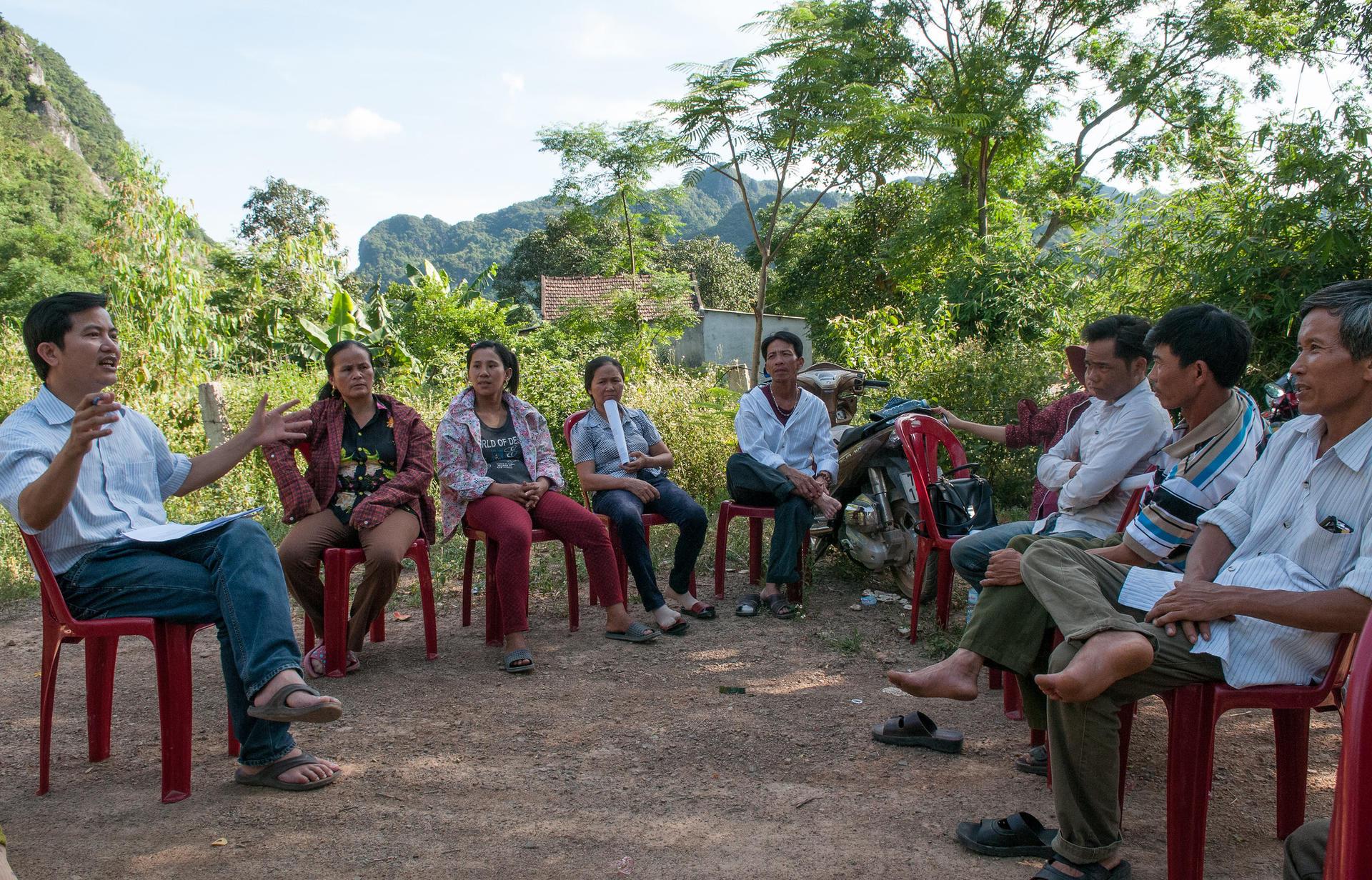
Researchers working on this topic:

Ena Derenoncourt
Gender-Smart Investment Specialist, CGIAR Hub for Sustainable Finance (ImpactSF)
Selamawit Firdissa Duresa
Gender Specialist
Fanny Howland
Senior Research Associate
Gracsious Maviza
Scientist I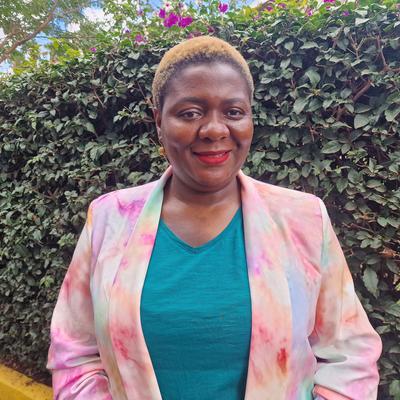
Nchanji Eileen Bogweh
Gender and Social Inclusion Expert
Anne Rietveld
Scientist II
Hanna Ewell
Research Specialist
Martina Jaskolski
Scientist IILatest Publications

